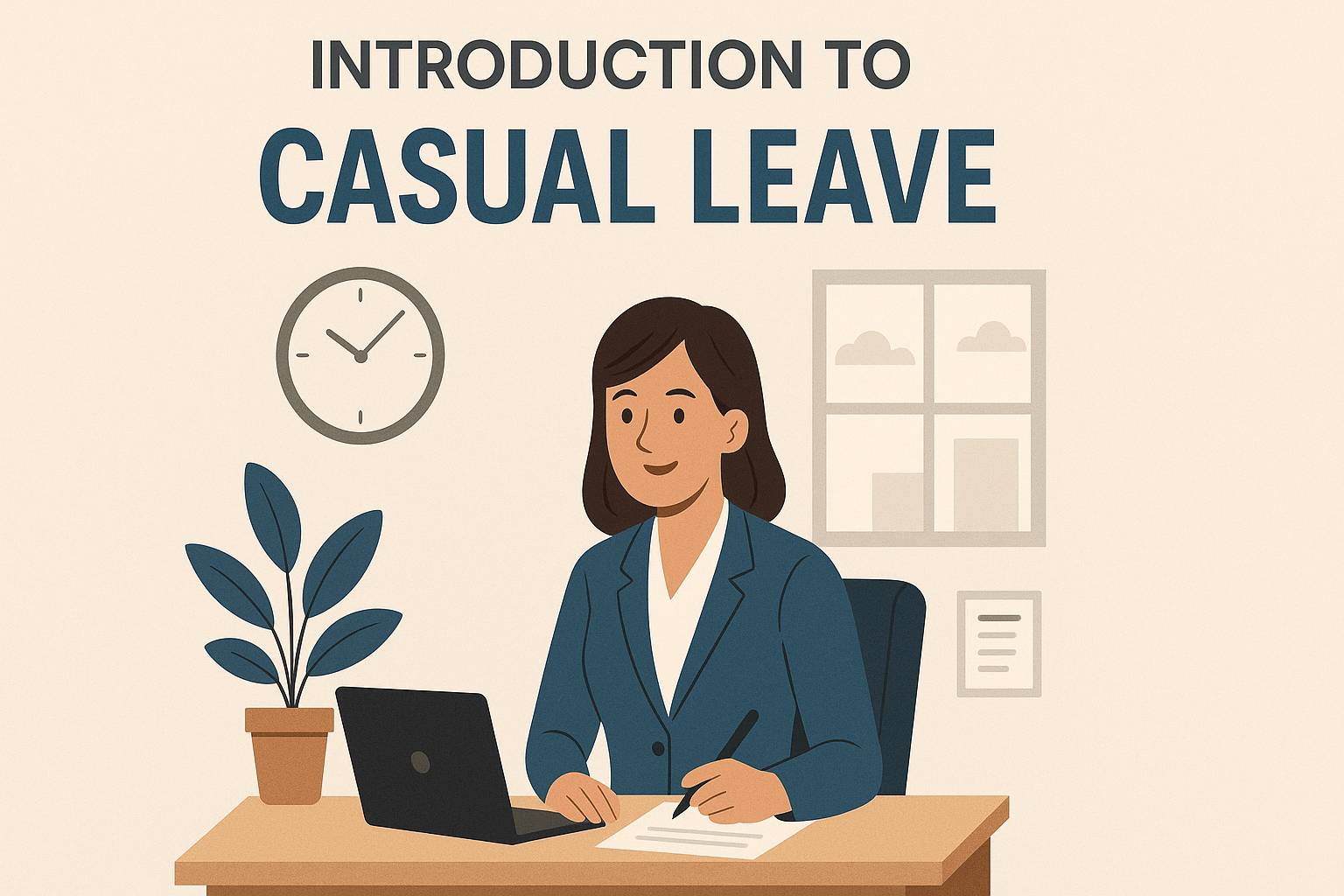With mental health issues becoming less and less stigmatised in society as a whole, employees are getting better at admitting when they feel overwhelmed and need some time off. In fact, it’s now estimated that stress is responsible for as much as 40% of all sickness absence from work.
But how does stress leave work, and what are the circumstances that staff can take it?
This post looks into taking time off for stress and the details surrounding it.
When should an employee take time off for stress?
As you’re dealing with a person’s wellbeing, there are no hard and fast rules for when they should take time off for stress. It’s simply whenever the employee, or the company, feels that it’s necessary and taking a break from work will prevent further burn out and damage to their mental and physical health.
On one hand, the employee could approach their team leader or an HR office to explain they’re feeling stressed and be given some time off to recover. Alternatively, if an employee shows signs of stress, you might broach the idea of taking some time off.
Signs of stress include:
- Increased sickness absence
- Tiredness and irritability (perhaps increased conflict with colleagues)
- Physical symptoms – headaches, aches and pains, nausea, etc.
- Loss of interest in work
- Reduced quality of work
- Poor time-keeping
- General change in personality or demeanour (not seeming ‘themselves’)
That being said, they may not want to talk about their situation, as is their right. In any case, you can still advise they take some time off for stress.
How much time off for stress can an employee take?
Much like when someone should go on stress leave, there’s also no specific, maximum amount of time off that an employee is allowed to take. Each instance needs to be treated on a case-by-case basis, taking the employee’s individual circumstances into account.
However, once an employee is off for more than 7 days, they’re required to provide a fit note (sick note) from their doctor, when they return to work. For periods of less than 7 days, the employee can self-certify their sickness absence.
Do employees get paid for time off with stress?
In short, yes they do, but how much and for how long depends on the situation and your company’s sickness absence policy. At the very least, an employee will receive statutory sick pay during their time off. Alternatively, if you have your own sick pay scheme (also known as occupational or contractual sick pay), the employee could be paid through that.
You might also have a situation where you advise (or prescribe) some time off for stress and take it out of their annual leave allowance. This is especially likely when the employee has a lot of their holiday allowance left – and a lack of time off could be responsible for their current level of stress. What’s more, while we’re on the subject, staff still accrue annual leave when they’re on stress leave.
It’s a great idea to make sure the details of how employees are paid while off with stress are covered in their employment contracts, as well as your absence policy.
Can you sack someone when they’re off with stress?
As with any type of sickness absence, you have the right to dismiss an employee if they’re no longer able to perform their job. However, if it’s determined as a necessary course of action, the whole process needs to be carried out, and documented, correctly. Otherwise, your company runs the risk of being taken to an employment tribunal for unfair dismissal.
We go into greater detail on the correct process in our post on sacking employees who are off sick.
Returning to work after being off with stress
Once the employee is ready to come back to work, it’s best to do all you can to make their return as easy and stress-free as possible. Depending on the situation, and the severity of their stress, you could implement a ‘phased’ return, whereby the employee comes back in stages. This could involve working remotely or part-time for a short time before they resume their normal routine. Also, you should ask the employee if any adjustments could be made to make their working life easier.
Lastly, but perhaps most importantly, you should try and best understand what caused your employee to take time off with stress in the first place. This can only happen if the employee is willing to talk – and is honest about the reasons, which many employees may not be comfortable with. However, if an employee opens up about the causes of their stress, you could learn information that enables you to make the workplace less stressful for everyone.




